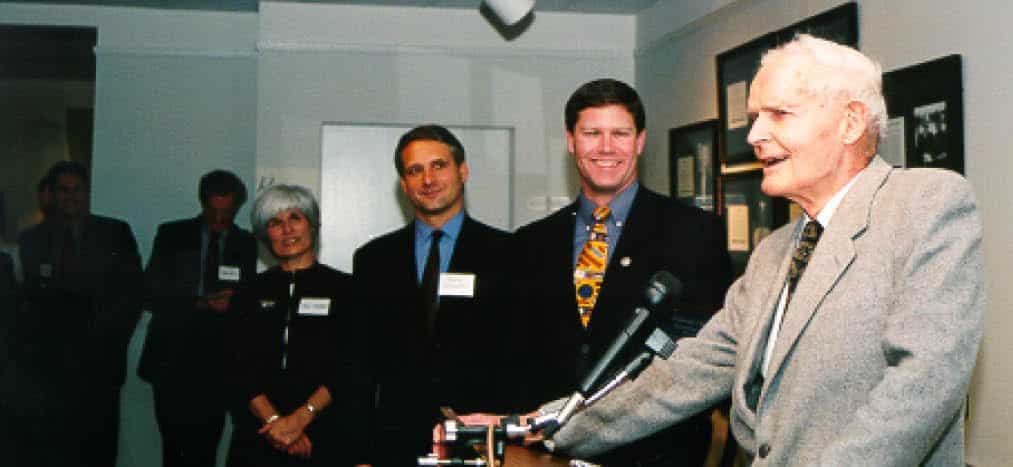Our Accomplishments Since 1995
Taxpayers for Common Sense through more than 25 years of preventing wasteful spending.
Scroll down to continue presentation
Monkeys in Space (1996)
In 1996, Taxpayers sends a letter to NASA demanding an end to its $33.2 million program to launch Russian-owned monkeys into space.
Eventually, the program gets nixed.
Auburn Dam (2000)
Taxpayers helps kill the $944 million Auburn Dam for the second time.
After being revived for a third time in 2001, Taxpayers finally kills it once and for all in 2006.
The Cost of Corruption(2003?)
TCS earmark investigations helped uncover patterns of bribes and rewards like those between former Rep. Duke Cunningham and his partners, who pleaded guilty to accepting at least $2.4 million in bribes and underreporting income.
Shining a Light on Earmarks (2005)
Taxpayers releases the first ever real-time cataloging of earmarks in major legislation.
This document becomes instrumental in raising the profile of earmarks in the public consciousness.
In 2008, the earmark database is made publicly available, leading to thousands of news stories around the country.
No Fly List (2010?)
With a price tag of $74 billion – that’s $337 million per plane – the Air Force stops buying more F-22 Raptor fighter jets thanks to work of Taxpayers.
Unsurprisingly, the plane is built in the districts of a number of influential and supportive lawmakers.
End of Overseas Contingency Operations Fund (2021)
The Overseas Contingency Operations (OCO) Fund had been used for years to pump more funding into the Pentagon as an end run around statutory budget caps originally established by the Budget Control Act—far from its original purpose as an emergency fund for the Global War on Terror.
This abuse of the budget process also helped the Pentagon dodge congressional accountability and oversight, clearing the way for questionable spending and warping the public’s perception of total military spending levels. TCS routinely criticized OCO for years, contributing to the Biden administration’s decision to eliminate the account in 2022.

